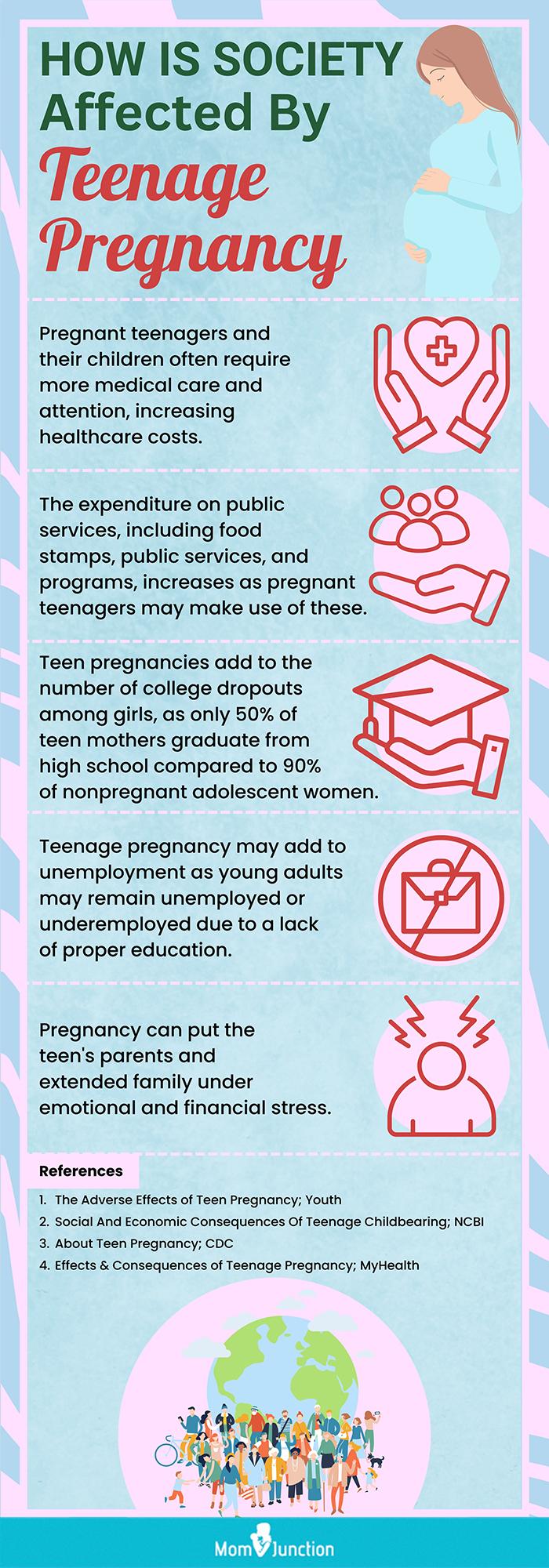
Teen Pregnancy: A Complex Issue with Far-Reaching Consequences
Teen pregnancy, defined as pregnancy in a female under the age of 20, is a multifaceted issue with profound implications for both the mother and child. In the United States, teen pregnancy rates have declined significantly over the past few decades, but they remain higher than in many other developed countries.
Causes of Teen Pregnancy
The causes of teen pregnancy are complex and multifaceted, involving a combination of biological, social, and economic factors.
- Biological factors: Adolescents experience hormonal changes that increase their fertility. Early puberty and irregular menstrual cycles can make it difficult for teens to accurately predict their fertile periods.
- Social factors: Lack of access to comprehensive sex education, peer pressure, and a desire for intimacy can contribute to teen pregnancy. Teens who come from disadvantaged backgrounds or have experienced trauma are at higher risk.
- Economic factors: Poverty, lack of education, and limited job opportunities can make it difficult for teens to avoid risky behaviors that lead to pregnancy.
Consequences for the Mother
Teen pregnancy can have significant consequences for the mother’s physical, emotional, and economic well-being.
- Physical health risks: Teen mothers are more likely to experience complications during pregnancy and childbirth, such as preeclampsia, preterm labor, and low birth weight babies. They are also at increased risk for sexually transmitted infections (STIs).
- Emotional health risks: Teen mothers often face stigma, social isolation, and depression. They may also struggle with feelings of guilt, shame, and inadequacy.
- Economic consequences: Teen mothers are less likely to complete their education and have lower earning potential. They are more likely to live in poverty and rely on government assistance.
Consequences for the Child
Children born to teen mothers face a range of challenges that can affect their health, development, and future prospects.
- Health risks: Children of teen mothers are more likely to be born prematurely, have low birth weight, and experience health problems such as asthma, developmental delays, and learning disabilities.
- Developmental risks: Children of teen mothers may have difficulty forming secure attachments and developing social and emotional skills. They are more likely to engage in risky behaviors and experience mental health problems.
- Educational and economic disadvantages: Children of teen mothers are less likely to graduate from high school and have lower educational attainment. They are also more likely to live in poverty and experience economic hardship.
Prevention and Intervention
Preventing teen pregnancy requires a comprehensive approach that addresses the underlying causes and provides support for teens and their families.
- Comprehensive sex education: All teens should have access to medically accurate and age-appropriate sex education that covers topics such as contraception, STIs, and healthy relationships.
- Access to contraception: Teens should have access to a range of contraceptive methods, including condoms, birth control pills, and long-acting reversible contraceptives (LARCs).
- Social support: Teens need support from their parents, peers, and community members. They should feel comfortable talking about sexual health and making informed decisions.
- Economic opportunities: Providing teens with access to education, job training, and economic support can help them avoid risky behaviors and make responsible choices.
Intervention programs: For teens who become pregnant, intervention programs can provide support and resources to help them navigate the challenges of pregnancy and parenting. These programs may include prenatal care, parenting education, and case management.
Conclusion
Teen pregnancy is a complex issue with far-reaching consequences for both the mother and child. It is essential to address the underlying causes and provide support for teens and their families to prevent teen pregnancy and mitigate its negative effects. By investing in comprehensive sex education, access to contraception, social support, and economic opportunities, we can empower teens to make informed choices and build healthy futures for themselves and their children.